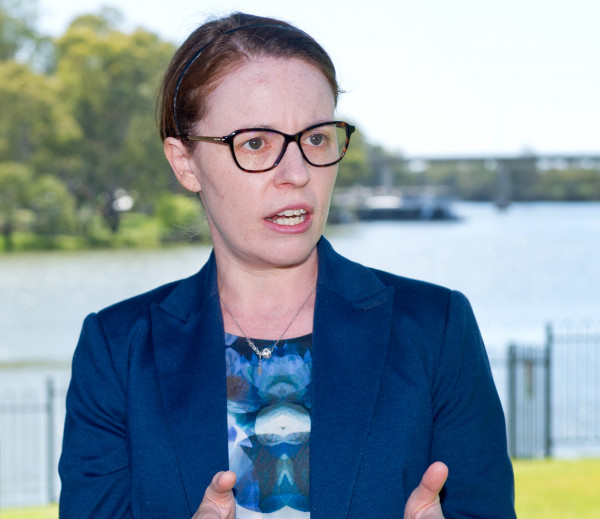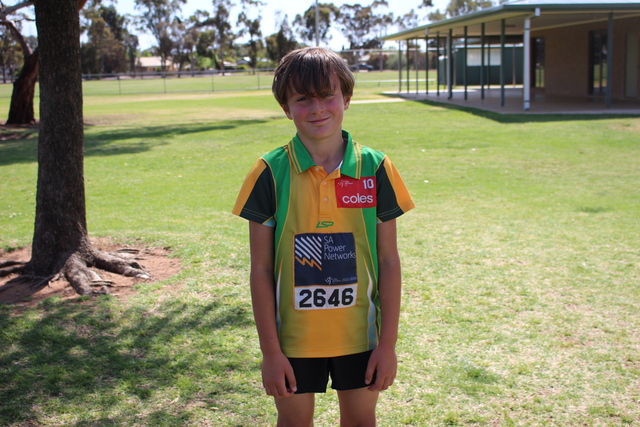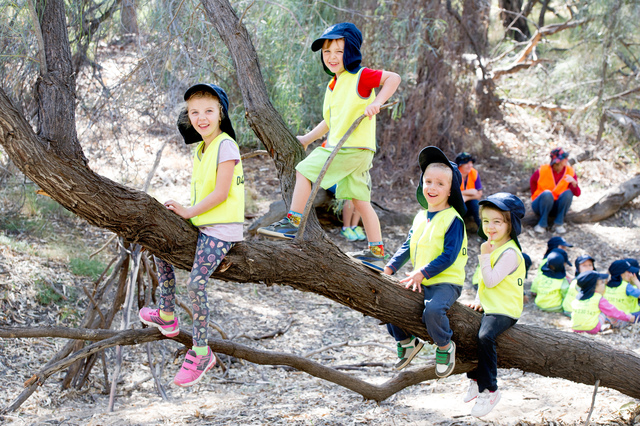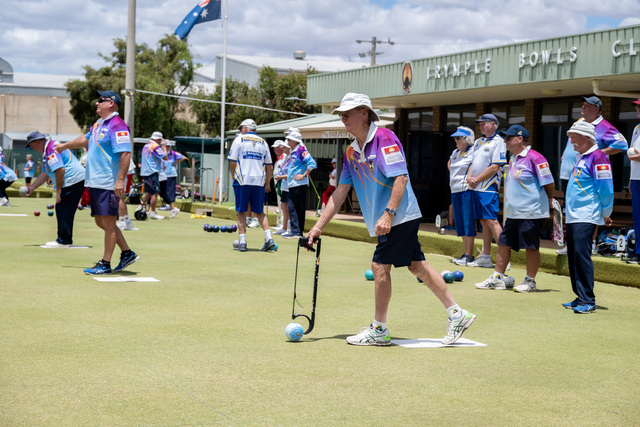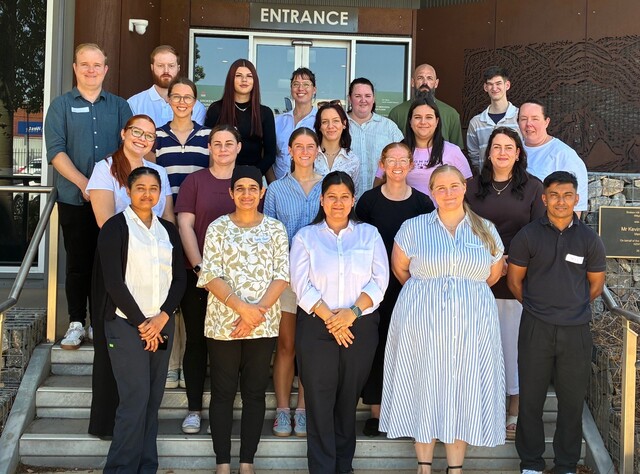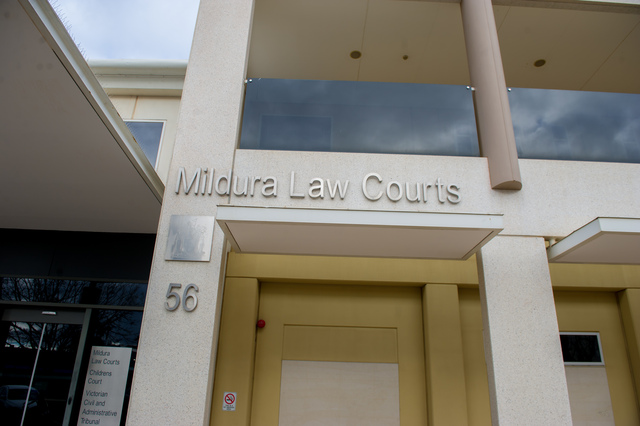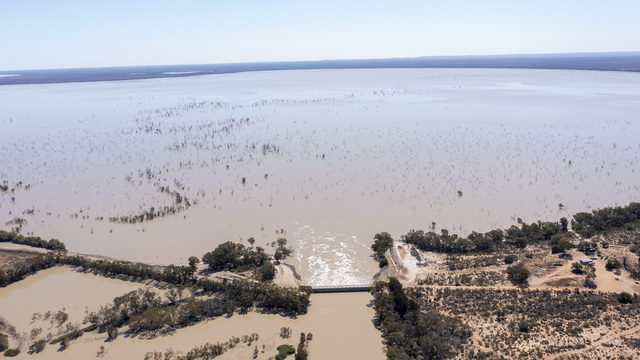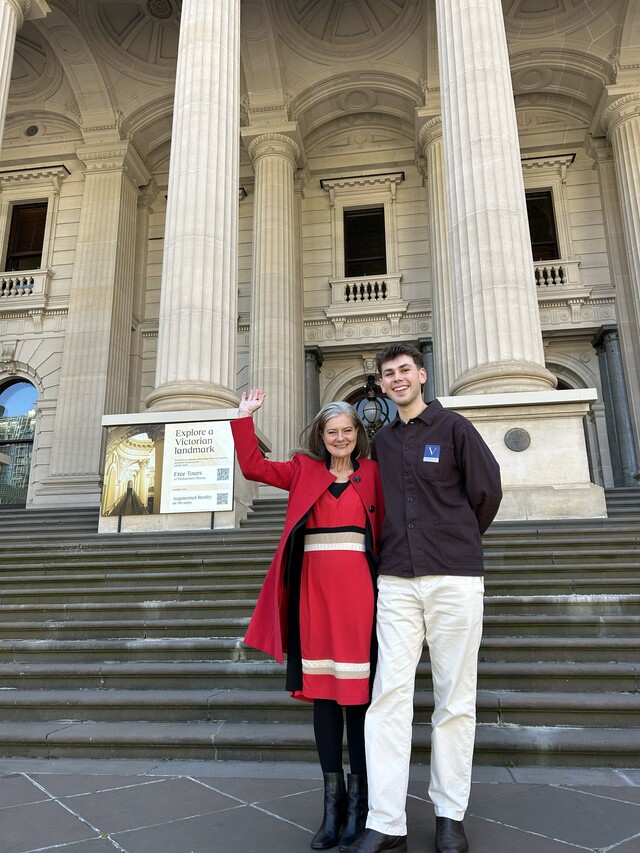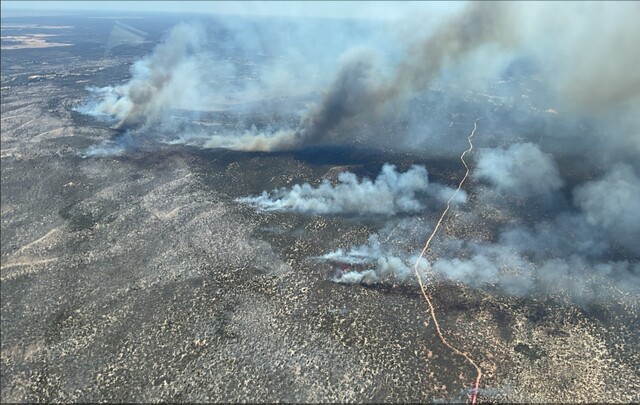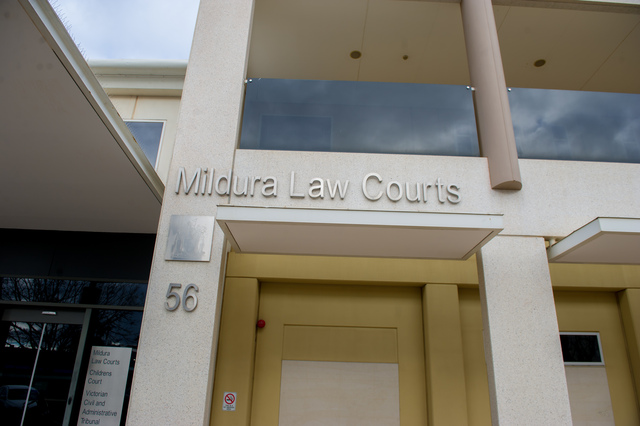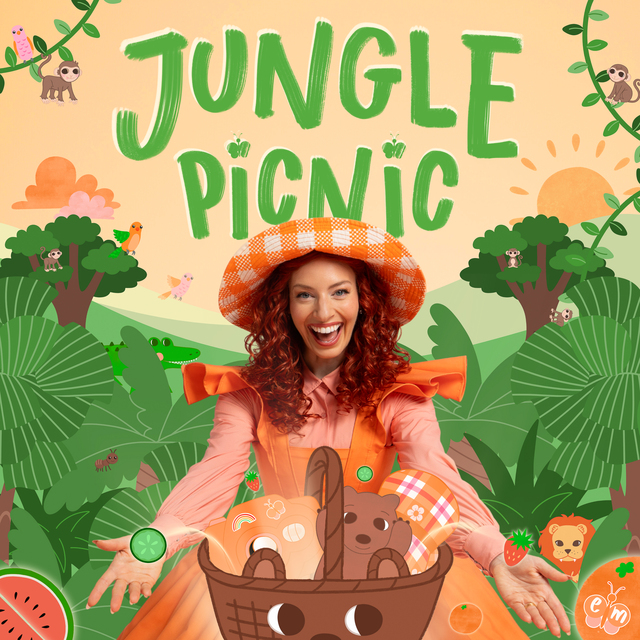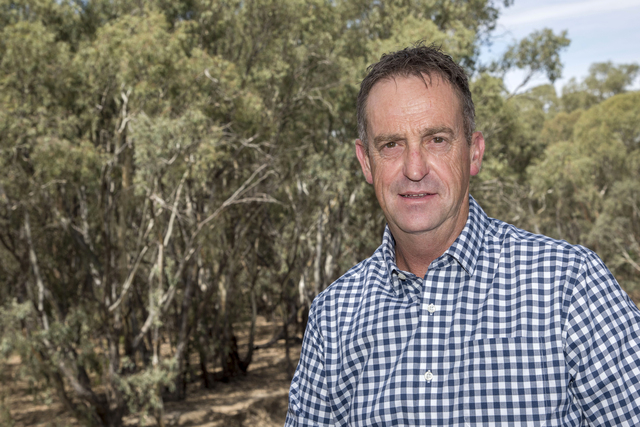MEMBER for Mildura Ali Cupper has urged the Victorian Government to take a closer look at the needs and service gaps for children with autism in the Mallee.
Ms Cupper told State Parliament this week that support services to assist children living with autism spectrum disorders in the region were notoriously difficult to access despite Mildura’s autism rate being above the national average.
“It is hard enough in Mildura, but in the southern Mallee it is even worse,” Ms Cupper said.
“As usual, the geographical isolation of our region compounds the problem,” she said.
“Services that might only be an hour away for smaller towns in more central parts of Victoria are up to six hours away for us, and public transport options between Mildura and Melbourne are ordinary, to say the least.”
Ms Cupper said she had been planning a “listening tour” of the Mildura electorate to meet with families, educators and support providers of children and adults with autism and would make autism support a major focus of her work leading up to the November state election.
“Over time, the level of regularity and repetition in service provision makes a big difference, and once that window is closed, it is closed,” she said.
“It is the quality of early intervention and support through primary school and secondary school that will determine whether some families can even have a conversation about TAFE or mainstream employment when their child turns 17 or 18.
“It is critical to the retention and success of these learners that they feel welcomed, valued and understood at TAFE.
“Any efforts to improve access to TAFE or job placements will be undermined without an equal focus on the younger years of a child’s life, because the quality and availability of early intervention services will often determine whether that child will be a candidate for TAFE or mainstream employment at all.
“It is in those earlier years where you will still find significant service gaps in the Mallee.”
Ms Cupper applauded the Victorian Government’s focus on TAFE participation for learners with a disability, including people with autism.
“Over the next few months … I will be compiling stories and information about the autism experiences of families, educators and service providers in the Mallee,” she said.
“I would be very keen to share these findings with the government with a view to improving the lives of these children and the families that love them.”

